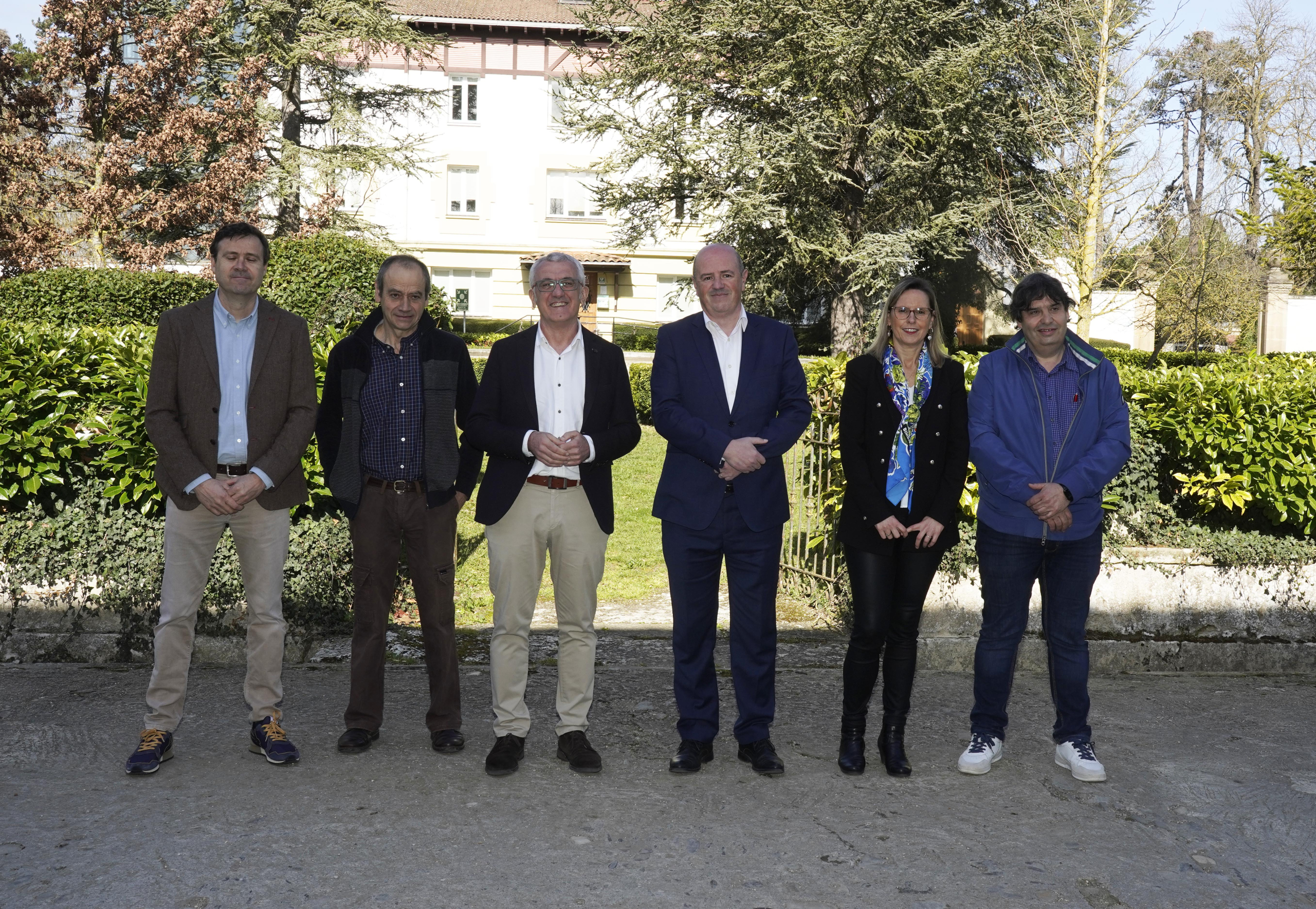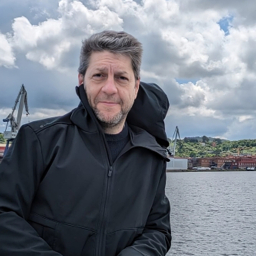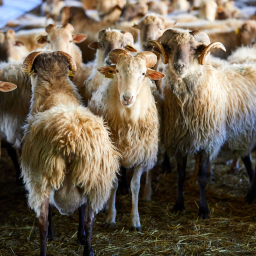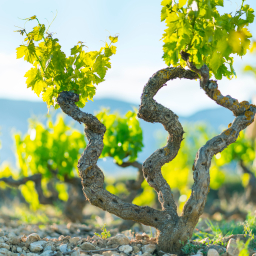NEW
We help the agricultural sector in Alava to analyze the life cycle of their farms
15 March 2023- The sector associations Abere, Garlan and UAGA, under the technical secretariat of NEIKER, will approach this project that aims to analyze the environmental footprint of farms and show their contributions to the maintenance of the environment.
- The Life Cycle Analysis software SimaPro, a powerful tool capable of analyzing numerous environmental indicators, will be used
The Deputy Minister of Agriculture, Fisheries and Food Policy of the Basque Government, Bittor Oroz, and the Deputy of Agriculture and Livestock of the Provincial Council of Alava, Eduardo Aguinaco, have presented this morning the Gen i Agro Alavés project, sponsored by the two administrations and in which the NEIKER technology center and the sector associations UAGA ABERE and GARLAN participate. The objective is to analyze the environmental footprint of the farms and show with data their contributions to the maintenance of the environment. SimaPro Life Cycle Analysis software will be used, a powerful tool capable of quantifying numerous environmental indicators to draw conclusions about the “life cycle” of farms.
“This, Oroz explained, is a pilot project, alive, open, scalable and in cooperation that will enable the exchange of knowledge, innovation, digitization and modernization of the agricultural sector in Alava to set the trend to follow in Euskadi in order to position itself as a Carbon Neutral Territory, and thus be a reference in Europe. It should be noted that a repository of life cycle inventory data and its corresponding life cycle analysis for agri-food products in Euskadi is the key to obtaining sustainability in the first sector. ”
For his part, Deputy Aguinaco pointed out that “it is about ensuring food security without compromising climate action or biodiversity. That is, reducing the environmental and climate footprint of the food system in Araba. And that this global transition seeks a competitive and sustainable agriculture in a triple perspective; economic, social and environmental. Therefore, the key is to be able to produce more with less. With less impact and taking advantage of endogenous resources and practices of life cycles and soils. We must seize this opportunity for Alava to be at the forefront in this area and lead the implementation and knowledge in these practices”.
GEN i AGRO ALAVÉS Project
The aim of the project is to analyze the carbon balance, assuming the challenge that Alava begins to take steps as a test bench to obtain real data on CO2 emissions, but also on absorptions, captures and storage, in order to be able to offer real data on the contribution made by the primary sector to society.
It cannot be overlooked that, in order to achieve neutrality in the sector, greenhouse gas emissions derived from agricultural and livestock farming practices must be reduced as much as possible. To this end, the first step is the calculation of CO2 emissions (HC) and this involves the collection of a series of data corresponding to the crop or livestock farm (Life Cycle Inventory -LCI-) which are those that limit the quality of the result and therefore the reliability of the HC.
Therefore, in order to reduce the environmental impact of the agricultural and livestock sector in the Basque Country, it is essential to have a database of inventories and life cycle analyses that represent the reality of the Basque Country. This database must remain alive over time and must function as a repository of the life cycle analyses of the main products and high-impact auxiliary products (e.g. fertilizers) that are carried out in the Basque Country.
The Gen i Agro Alavés project will train the technical staff of the most representative cooperatives, associations and management centers in Alava so that they can calculate the environmental impact of their farms and thus generate a repository of real data that will enable us to make progress in sustainability.
Sector agents participating in the project
UAGA: Participates as an-interlocutor between NEIKER and the agricultural and livestock sector in Alava, to collect data to assess the environmental impact and the CO2 retention sink effect. Thanks to the project, they will acquire training in the application of environmental impact assessment tools, in order to be able to give advice to agricultural and livestock farms in Alava. It should be borne in mind that UAGA’s partners include a large number of farmers specialized in the most important crops in the Basque Country, such as vines, cereals, beets and potatoes, and their participation in the project may enable them to adapt the results to different types of production systems and to be able to extend the results to other sectors.
ABERE: Participates with nine farms covering the three most representative sectors of the territory (dairy cattle, beef cattle and dairy sheep). Its objective in this project is to have training in the use of a proven tool with a lot of analytical capacity “to put agriculture and livestock in its place and value the products beyond their intrinsic value as basic, quality and healthy foods so that society perceives them with a plus of ‘caretakers-protectors-maintainers of the environment’, and the market values it.”
GARLAN: It will be responsible for the collection of information and processing of the data necessary for the quantification of greenhouse gas emissions generated during the production cycle of different crops such as wheat, barley and vines, as well as the determination of the absorption of atmospheric carbon (in the form of CO2) and its fixation at soil level by these crops in several farms located in different regions of the Historical Territory of Alava, in order to estimate the net balance of emissions from each of these farms. All this with the aim of identifying practices with greater carbon sequestration that contribute to a decrease in emissions.
NEIKER: its role in this project is key as NEIKER will transfer to the technicians of the cooperatives, associations and management centers the knowledge it has been acquiring during years of research in emission calculation methodologies, handling of tools, as well as the best available techniques so that they can reduce greenhouse gas emissions as much as possible.
NEIKER will be in charge of Simapro software training courses and the proposal of solutions based on extensive scientific experience.
It will also advise the technical staff, and the agricultural and livestock sector in the collection of samples following European standards, which will allow them to have carbon sequestration data and to know how different management practices affect this capacity. Subsequently, NEIKER will perform the analysis of these soil samples in its laboratory.






